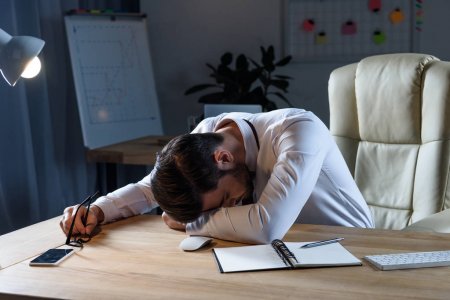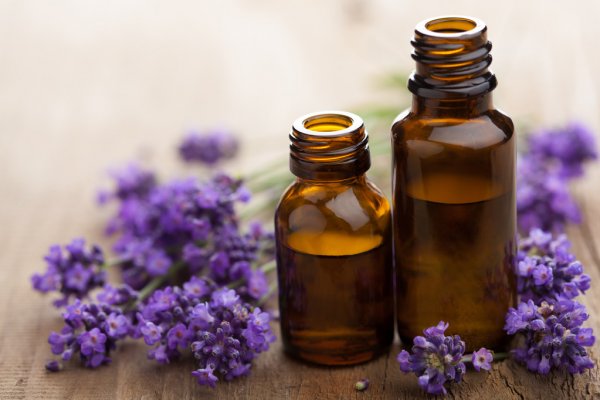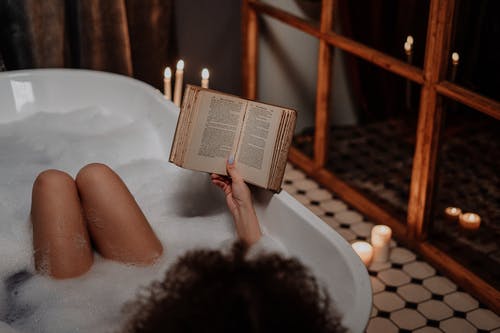In the research for my upcoming book, Don’t Mess with Stress!,™ I have learned what I think is the most important thing for our overall health—SLEEP!

I know firsthand what sleep deprivation feels like. I have experienced different types of insomnia at times–either not being able to fall asleep, or waking up during the night and not being able to fall back to sleep. After a poor night’s sleep, I feel irritable, less efficient at tasks, have decreased attention and focus, and a strong desire to find a place to lie down.
Sleep deprivation—either from inadequate hours of sleep and/or poor quality of sleep can rob you of energy, vitality, and enthusiasm for life!
One in four Americans suffers from sleep issues. The good news is that 75% of people with sleep issues resolve them! ¹
And during the current time of uncertainty, stress and anxiety are contributing to people’s insomnia.
Why is sleep important? It’s a time of recovery, restoration, and rejuvenation for the mind and body.²
Consequences of Sleep Deprivation: ³ ⁴

- Fatigue
- Poor decision-making
- Increased risk of accidents
- Decreased Memory Formation
- Decreased Immune Function
- Doubled risk of developing cancer
- Increased risk of Alzheimer’s Disease
- Increased blood sugar levels
- Increased risk of heart disease
- Increased risk of depression, anxiety, and suicidal thoughts
- Weight gain
What Can You Do to Improve Your Sleep?


- Create Bedtime Rituals—to get your body ready for sleep
- Choose a bedtime—before Midnight—ideally earlier than 11pm. Sleep Experts recommend adhering to this every day and on weekends—(Don’t stress about it—do your best)
- Decide on a wakeup time—try and stick to this.
- Stop all screens one hour before bedtime. The blue light decreases melatonin and REM sleep; what you read might also upset and agitate you right before bed. ⁵
- Take a hot bath, read a book, prepare for the next day, listen to soothing music
- Only use the bed for sleep and sex
- If you wish, try smelling lavender oil at bedtime–it has been shown to reduce anxiety and help sleep ⁶
- Get in bed at your designated bedtime not earlier.
- Keep your bedroom cool and dark
- No caffeine after 12 noon.
- Avoid exercise in the evening
- Keep a Gratitude Journal—Write down 3 things you are grateful for and really feel the gratitude in your body.
- How Much Sleep do we Need?
- 7 to 9 hours per night.
- What do if you can’t fall asleep or if you wake up and can’t fall back to sleep?
- If you can’t fall asleep—after 20 minutes, leave your bed, and do something else such as reading a book, knitting, sorting mail but not paying bills, declutter your desk, read magazines, journal, etc; ⁷ Sniff some lavender oil.
- Try to avoid looking at your screens.
- Try CBT-I –Cognitive Behavioral Therapy for Insomnia—apps, such as CBT-I Coach—work better than medicine. ⁷
- You can try low dose Melatonin—1.5mg or less—at bedtime.
- Try and avoid sleep medications—bc of risks and side effects; if you must take them please consult your physician. ⁸
- Get a proper diagnosis—See your Physician when sleep issues persist
- There are many causes of poor sleep—Blue light from Screens (phones, computers, etc.); Snoring, Sleep Apnea, Gastroesophageal Reflux Disease (GERD), Psychologic causes—worrying, rumination that can keep you up; Urinating frequently at night; Mechanical conditions related to your nose and upper airway; Nightmares, sleep walking; Caffeine containing beverages and/or foods like chocolate to close to bedtime; grinding your teeth (Bruxism); effects of Alcohol; Sleep Partner Snoring, Restless Legs, certain Medications, being in Pain, Exercising later in the day/evening, etc.
- If sleep issues persist, then see a Sleep Specialist Doctor.
I hope this edition of the Newsletter is helpful to you, especially during these times of stress and uncertainty.
Have a lovely and joy filled weekend!
Dr. Jill
References:
1 . https://www.sciencedaily.com/releases/2018/06/180605154114.htm
2. https://www.sleep.org/articles/sleep-for-mind-and-body/
3. Matthew Walker, PhD—Why We Sleep: Unlocking the Power of Sleep and Dreams, 2017.
4. https://www.sciencedirect.com/science/article/pii/B9780123868923000056
6. Karadag E, Samancioglu S, Ozden D, Bakir E. Effects of aromatherapy on sleep quality and anxiety of patients. Nurs Crit Care. 2017;22(2):105‐112. doi:10.1111/nicc.12198
7. https://mobile.va.gov/app/cbt-i-coach
8. http://aasm.org/resources/pdf/choosingwisely-sleepingpills-adults-insomnia.pdf
Sign Up For My Newsletter
Other Sleep Resources:
1 . Tuck.com —an excellent resource great website for sleep issues, including an excellent description of the sleep cycle, comprehensive listing of treatments and therapies, both conventional and alternative, as well as a listing of mattress selection.
2. National Sleep Foundation.com
3. Sleep.org
Disclaimer: Please note that the content on this newsletter does not constitute medical advice. Please consult with a physician before making any medical or lifestyle changes.

